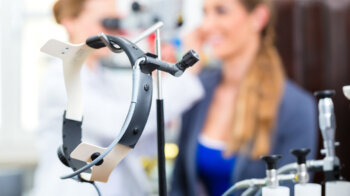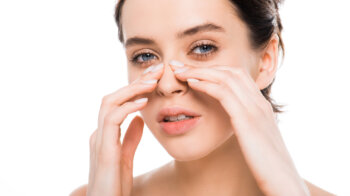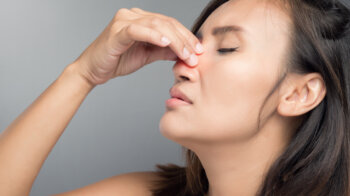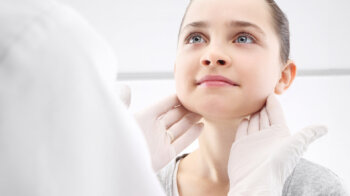Diagnostics
During examination of patients with snoring problem at clinic Virtus, an endoscopic examination of all parts of the upper respiratory tract – the nasal cavity, nasopharynx, oropharynx and larynx is a mandatory procedure. Another instrumental examination is Rhinomanometry is performed to detect the patency of the upper respiratory tract. This is a helpful way to identify the cause of snoring, the severity of the condition and determine the method and tactics of treatment.
Treatment
A huge variety of causes of snoring involves an individual approach in the selection of treatment.
The arsenal of therapeutic methods is quite large and it ranges from organizational arrangements (refusal to take alcohol in the evening, diet) and physiotherapy procedures (electrostimulation of the muscles of the pharynx and neck) to surgical treatment (endoscopic removal of polyps, adenoids, plastic of the uvula and soft palate, laser removal of palatine and lingual tonsils).
The most common operation in the treatment of snoring is plastic surgery of the uvula and soft palate (uvulopalatoplasty). It is performed under general anesthesia. The main point of the operation is that the surgeon removes excess tissues of the soft palate and lateral pharyngeal rollers. This allows to increase the diameter of the pharyngeal lumen. If necessary, special incisions are made on the soft palate with a laser or an electrosurgical scalpel. As a result, the soft palate becomes denser and does not swell out when inhaled.
One of the most modern technologies for the treatment of snoring (Pillar procedure) is that special implants are injected into the soft palate, which strengthen it and prevent it from vibrating.



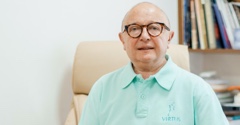


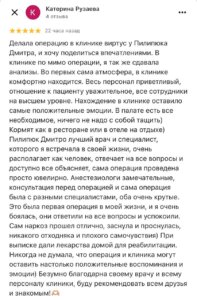

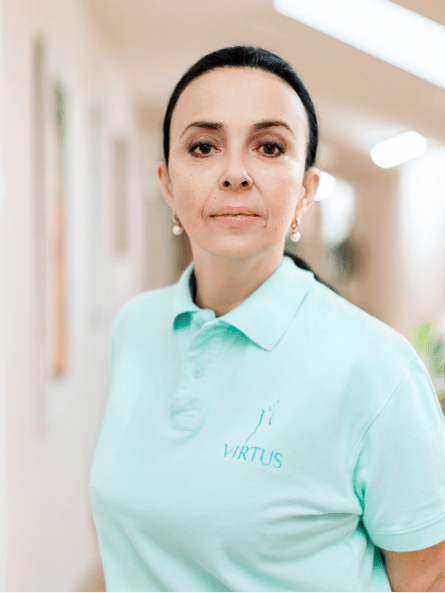
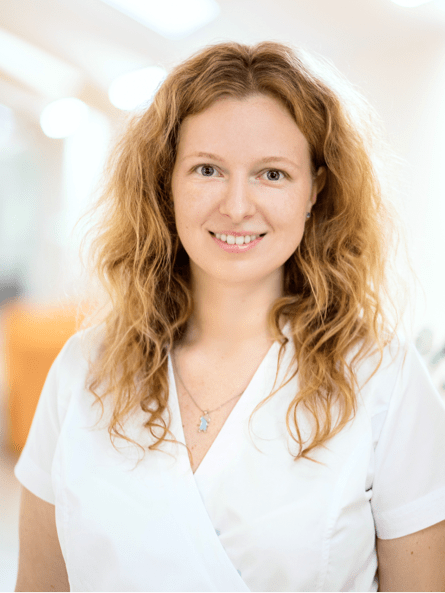





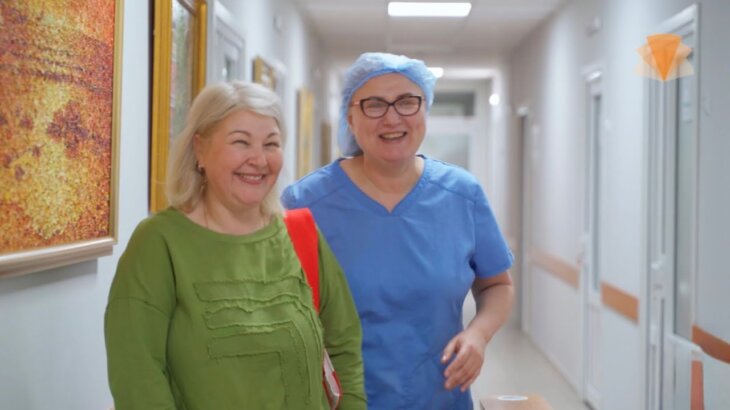
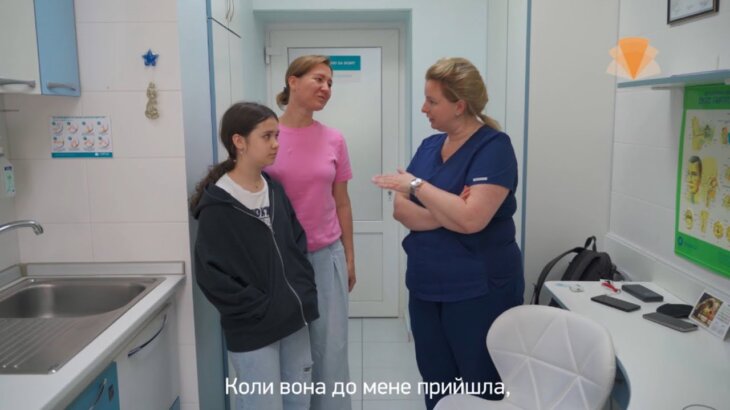
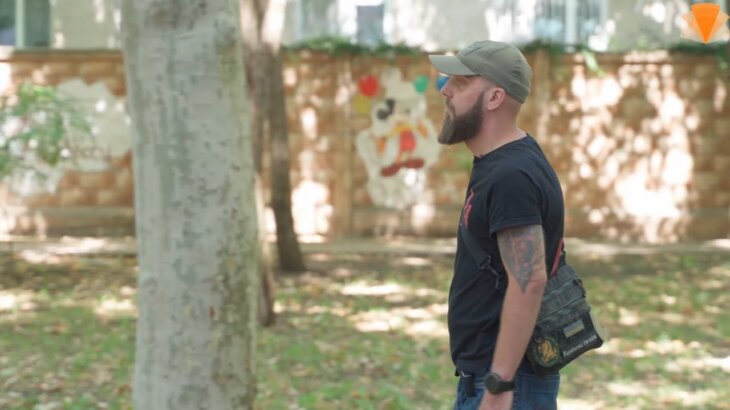
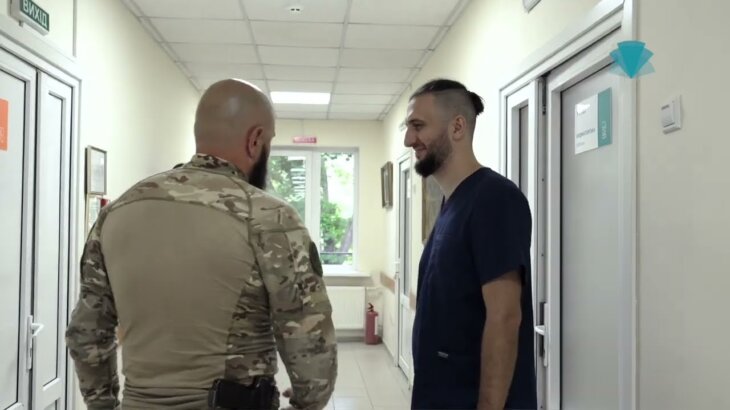
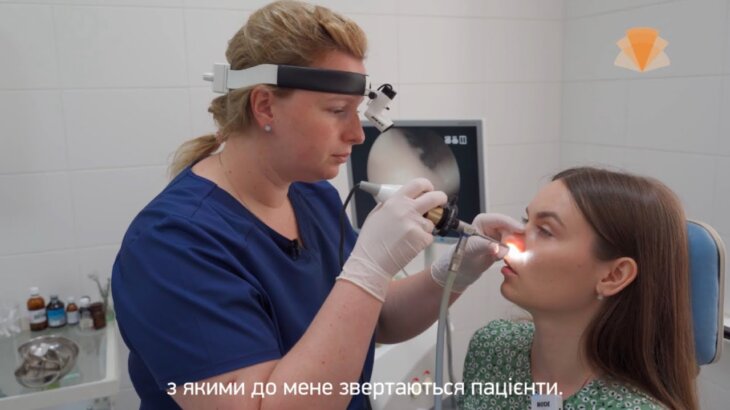
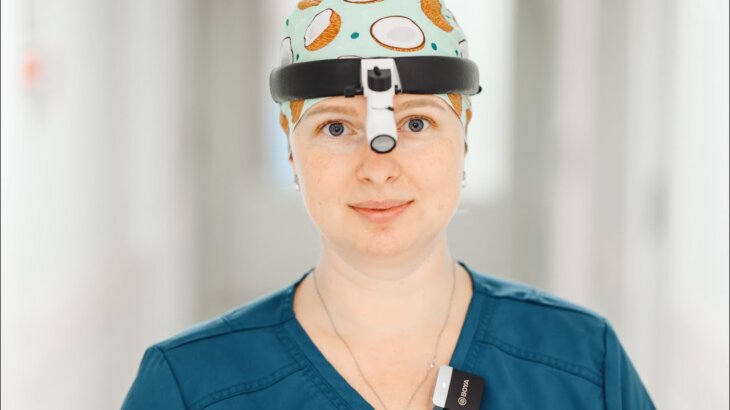
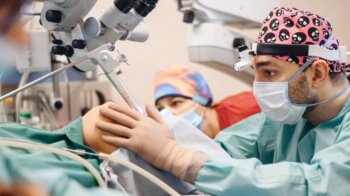
 62
62  3 min.
3 min.
